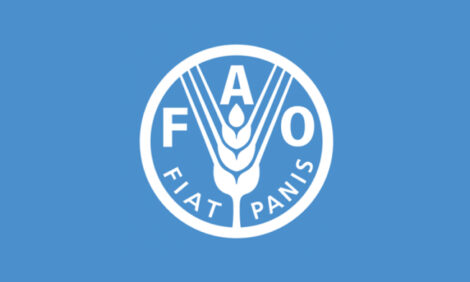



Consumer prices remain the biggest obstacle for transition to sustainable agriculture
New research from the Netherlands Authority for Consumers and Markets shows that the price premium on sustainably-produced goods remains the biggest challenge in transitioning to sustainable agriculture.
The biggest obstacle to making agriculture more sustainable is the higher price of sustainable products. Research reveals that most Dutch consumers are not willing to pay more for sustainable products, while the production costs are currently higher than those of non-sustainable products. The Dutch agriculture sector is also dependent for a large part on the export market, so foreign consumers’ willingness to pay for sustainable products will have to increase as well.
At the request of the Minister of Agriculture, Nature and Food Quality, the Netherlands Authority for Consumers and Markets (ACM) conducted research into price formation in the food supply chain for sustainable and non-sustainable products and obstacles to sustainability. ACM commissioned Wageningen University & Research to conduct part of the study. The report of this research is the follow-up to the Agro-Nutri Monitor 2020.
The results of the Agro-Nutri Monitor 2021 confirm the results of the previous monitor, namely that the additional costs of organic production are generally compensated by the higher price the producers get for these products. Supermarkets, however, usually make a lower net profit on organic products. The monitor also looked at the costs for farmers of switching to the production of sustainable products. The additional costs of producing organic products are currently borne by a small group of consumers who are prepared to pay a higher price for these products. However, if the supply of organic products increases, more consumers will need to be willing to pay this higher price. That is the biggest obstacle to the transition to sustainable agriculture.
In its letter to the Minister, the ACM describes possible pathways to making Dutch agriculture more sustainable. To stimulate domestic demand, subsidies and a VAT reduction could be deployed to make sustainably produced products cheaper for consumers. Increased cooperation between sustainability labels at the European level could make it easier for producers to charge a premium for these products abroad.
However, it is unlikely that measures to increase demand will be enough on their own. Measures to restrict production will also likely be needed, such as agreements between farmers to meet higher sustainability standards, raising the legal minimum sustainability requirements, voluntary buyouts of non-sustainable farmers who are unable to convert or, in extreme cases, expropriation of farmers. These measures will obviously have far-reaching consequences for the sector which will have to be studied in more detail.



